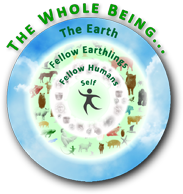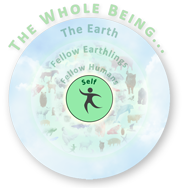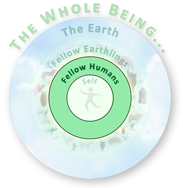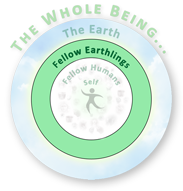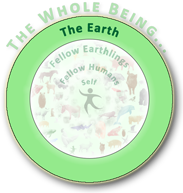Resource Library
To narrow down the list to only resources personally endorsed by CNCL, tick the “CNCL-Endorsed” box.
Please let us know if you find any errors or dead links.
Click here
for a list of…![]()
Broad-Coverage Independent News
& Media Sites
“Honor the Earth uses indigenous wisdom, music, art, and the media to raise awareness and support for Indigenous Environmental Issues. We leverage this awareness and support to develop financial and political capital for Indigenous struggles for land and life.” Film: “Half of the population in Western society suffers from being overweight. Cardio-vascular diseases, diabetes and cancer are epidemic. Our meat consumption has quintupled over the past 50 years. 65 billion land animals are being slaughtered every year for food consumption. One third of the global grain production is fed to animals for fattening while 1.8 billion people worldwide suffer from hunger and starvation. Can there really be a solution to all these problems? It was the search for an answer to this question that led Austrian author and filmmaker Nina Messinger on a journey through Europe, India and the US to investigate the consequences of our diet. Meeting with leading experts in nutrition, medicine, science, and agriculture, as well as with farmers and people who have recovered from severe illnesses, simply by changing their eating habits. The film´s deeply distressing images and moving stories make a clear case for a plant-based diet that is not just a short-lived lifestyle trend but provides a solution for preserving our entire world. The movie serves up a stunningly simple, yet comprehensive solution – right on our plates. Changing our eating habits will rebalance not just our health, but the planet itself. H.O.P.E. is a life-changing documentary uncovering and revealing the effects of our typical Western diet high in animal-based foods. It contrasts the limited interests of the pharmaceutical and agricultural industry with the all-encompassing interests of living beings on this planet and with the power of responsible consumer action. H.O.P.E. is an urgent call to action to all of us to commit to a change towards sustainability and safeguarding our living environment. It has a clear message: By changing our eating habits, we can change the world!” Book: “An impassioned call to the clergy, community activists, and educators to remember and keep alive the story of the black-led freedom movement. Harding argues the importance of knowing for ourselves, incorporating into our lives, and teaching to others the events and goals of this historic movement.” “Hope Haven is a 501(c)3 non-profit farm animal sanctuary nestled in the North Hills of Pittsburgh, PA. Our mission is to rescue neglected pigs, goats, sheep, llama, donkey, alpaca, emu, and all farm birds. These animals have been surrendered at local animal shelters, confiscated by local humane agents and police, or saved from factory farms. They now live out their lives with comfortable housing, nutritious food, and companionship from others of their own kind. They also receive endless love and affection from the human components of the sanctuary!” Book: “Almost a century before September 11, 2001, on September 11, 1906, M.K. Gandhi officially launched the world’s first Satyagraha, or strategic, nonviolent resistance campaign. Noted peace scholar Michael Nagler tells the story of the birth of Satyagraha (literally “clinging to truth”) in South Africa.” Book: “Thirty years ago, Frances Moore Lappé started a revolution in the way Americans think about food and hunger. Now Frances and her daughter, Anna, pick up where Diet for a Small Planet left off. Together they set out on an around-the-world journey to explore the greatest challenges we face in the new millennium. Traveling to Asia, Africa, Latin America, and Europe, they discovered answers to one of the most urgent issues of our time: whether we can transcend the rampant consumerism and capitalism to find the paths that each of us can follow to heal our lives as well as the planet. Featuring nearly seventy recipes from celebrated vegetarian culinary pioneers-including Alice Waters, Mollie Katzen, Laurel Robertson, Nora Pouillon, and Anna Thomas-Hope’s Edge highlights true trailblazers engaged in social, environmental, and economic transformations.” “Working to Find and advance solutions to environment, health, poverty, and development problems…Horizon is a 501 C (3) non-profit organization based at Yale University.” Video: “How Capitalism Exploits Us (And What We Can Do About It)” “How many animals are killed for human use every year in the United States? The numbers are in the billions, and these are just the ones we know about. Let’s break it down.” “…researchers found the same “strong relationships between daily positive [mood] and fruit and vegetable consumption.” Additionally, “[l]agged analyses showed that fruit and vegetable consumption predicted improvements in positive [mood] the next day, not vice versa…On days when people ate more fruits and vegetables, they reported feeling calmer, happier and more energetic than they normally do…[and] also felt more positive the next day.” So, eating fruits and vegetables really “may promote emotional well-being.” Single bouts of exercise can elevate one’s mood, so why not the same with healthy food?” Book: “The vast majority of premature deaths can be prevented through simple changes in diet and lifestyle. In How Not to Die, Dr. Michael Greger, the internationally-recognized lecturer, physician, and founder of NutritionFacts.org, examines the fifteen top causes of death in America—heart disease, various cancers, diabetes, Parkinson’s, high blood pressure, and more—and explains how nutritional and lifestyle interventions can sometimes trump prescription pills and other pharmaceutical and surgical approaches, freeing us to live healthier lives. The simple truth is that most doctors are good at treating acute illnesses but bad at preventing chronic disease. The 15 leading causes of death claim the lives of 1.6 million Americans annually. This doesn’t have to be the case. By following Dr. Greger’s advice, all of it backed up by peer-reviewed scientific evidence, you will learn which foods to eat and which lifestyle changes to make to live longer.” Includes a book trailer video and an audiobook sample. “Sci-Hub and LibGen are your access to fee-free science. Virtually all scientific papers that have ever been published (48 million) are accessible with a simple search. You just put the title or doi in the search bar and the website first searches for the article on LibGen (Library Genesis). If the article is there, enter the captcha, sometimes click on random Russian words and voilà! You have your article.” Book: “In this thought-provoking book, Tobias Leenaert leaves well-trodden animal advocacy paths and takes a fresh look at the strategies, objectives, and communication of the vegan and animal rights movement. He argues that, given our present situation, with entire societies dependent on using animals, we need a very pragmatic approach. How to Create a Vegan World contains many valuable ideas and insights for both budding advocates for animals and seasoned activists, organizational leaders, and even entrepreneurs.” “In this presentation (31 min), Tobias Leenaert (aka Vegan Strategist) talks about the importance of open-mindedness, empathy, rationality and positivity in the animal rights movement. “ Book: “Decades before the terms “eco-friendly” and “sustainable growing” entered the vernacular, How to Grow More Vegetables demonstrated that small-scale, high-yield, all-organic gardening methods could yield bountiful crops over multiple growing cycles using minimal resources in a suburban environment. The concept that John Jeavons and the team at Ecology Action launched more than 40 years ago has been embraced by the mainstream and continues to gather momentum. Today, How to Grow More Vegetables, now in its fully revised and updated 8th edition, is the go-to reference for food growers at every level: from home gardeners dedicated to nurturing their backyard edibles in maximum harmony with nature’s cycles, to small-scale commercial producers interested in optimizing soil fertility and increasing plant productivity. Whether you hope to harvest your first tomatoes next summer or are planning to grow enough to feed your whole family in years to come, How to Grow More Vegetables is your indispensable sustainable garden guide.” Book: “Written for the new campaigner and the experienced communicator alike, this is a comprehensive and systematic exploration of what works in campaigning, and a practical how-to guide for using principles and strategy in campaigning as a new form of public politics. Applicable to any issue and from any point of view, the book’s 100 key steps and tools provide models of motivation, analysis and communication structure.” “In these turbulent times, Howard Zinn is inspiring a new generation. This acclaimed film looks at the amazing life of the renowned historian, activist and author. Following his early days as a shipyard labor organizer and bombardier in World War II, Zinn became an academic rebel and leader of civil disobedience in a time of institutionalized racism and war. His influential writings shine light on and bring voice to factory workers, immigrant laborers, African Americans, Native Americans and the working poor. Featuring rare archival materials and interviews with Zinn and colleagues such as Noam Chomsky, You Can’t Be Neutral captures the essence of this extraordinary man who has been a catalyst for progressive change for more than 60 years.” “DVD extras include: Bonus Film: ” A Hope and a Prayer” and an interview with the director. In 1924, Harry Hoxsey claimed a cure for cancer, herbal formulas inherited from his great-grandfather. Thousands of patients swore the treatment cured them; but the medical authorities branded Hoxsey the worst quack of the century. So began a medical war continuing to this day. By the 1950’s Hoxsey’s Texas clinic was the world’s largest, with branches in 17 states. Two Federal courts upheld his treatment’s “therapeutic value.” Even his archenemy, the American Medical Association, admitted it does cure some cases. Yet organized medicine banned the therapy, exiling it to Mexico where it claims an 80% success rate today. Why won’t medical authorities investigate the treatment? Hoxsey charged a “conspiracy” to suppress alternative therapies. Was Hoxsey a hoax? Or was he “The Quack Who Cured Cancer”? Hoxsey’s alarming scenario may make you angry, but most of all HOXSEY offers hope.” Film: “What is it that makes us human? Is it that we love, that we fight? That we laugh? Cry? Our curiosity? The quest for discovery? Driven by these questions, filmmaker and artist Yann Arthus-Bertrand spent three years collecting real-life stories from 2,000 women and men in 60 countries. Working with a dedicated team of translators, journalists and cameramen, Yann captures deeply personal and emotional accounts of topics that unite us all; struggles with poverty, war, homophobia, and the future of our planet mixed with moments of love and happiness…HUMAN shows the dark side of mankind but sheds light on the best of it, for we all have inside of us this will to live together. This is the message that this film tries to convey. Together, united, we can meet the challenges of today and tomorrow. HUMAN is part of an overall logic whose intention is to gather together initiatives and resources from the community scene and from the humanitarian, ecological or social sectors. “ “Human Liberation is Animal Liberation…Understanding the connections between animal and human liberation is important for two reasons: 1) It focuses on the roots of oppression. We cannot make systemic change in society without a full analysis of power and domination. Challenging the oppression of one group requires us to understand the oppression of others, and challenge the oppression of all. 2) Individuals need to examine oppression in all of its forms. By educating ourselves on the intersections between our movements, and by building an intersectional analysis of oppression into our activism, we can simultaneously fight for the liberation of humans, nonhuman animals, and the earth, strengthening all movements.”Found 1997 Results
Honor the Earth

Hope – The Film
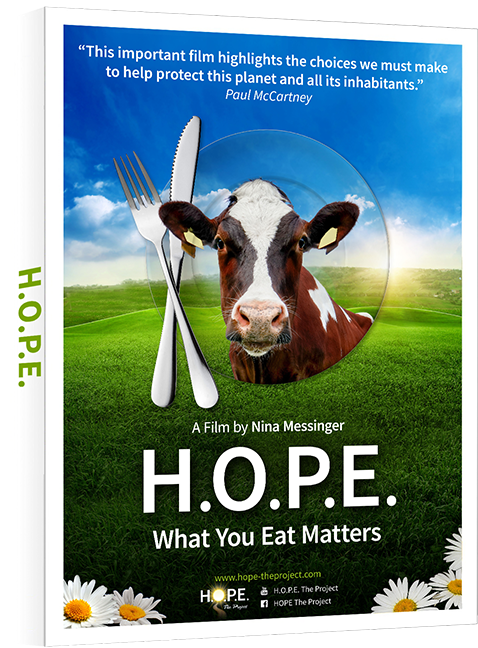
Hope and History: Why We Must Share the Story of the Movement
Hope Haven
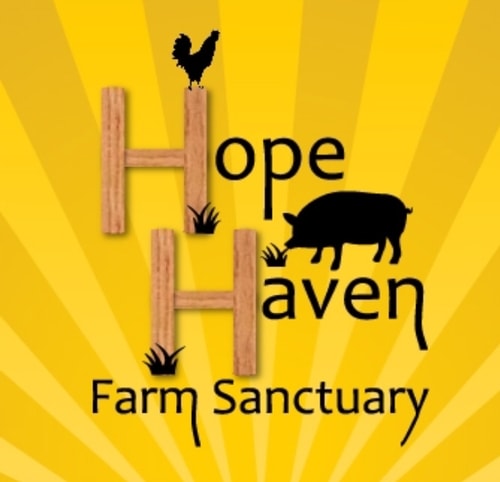
Hope or Terror? Gandhi and the Other 9/11
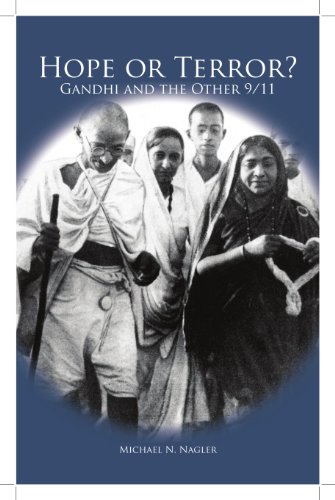
Hope’s Edge: The Next Diet for a Small Planet
Horizons International Solutions Site

How Capitalism Exploits Us (And What We Can Do About It)
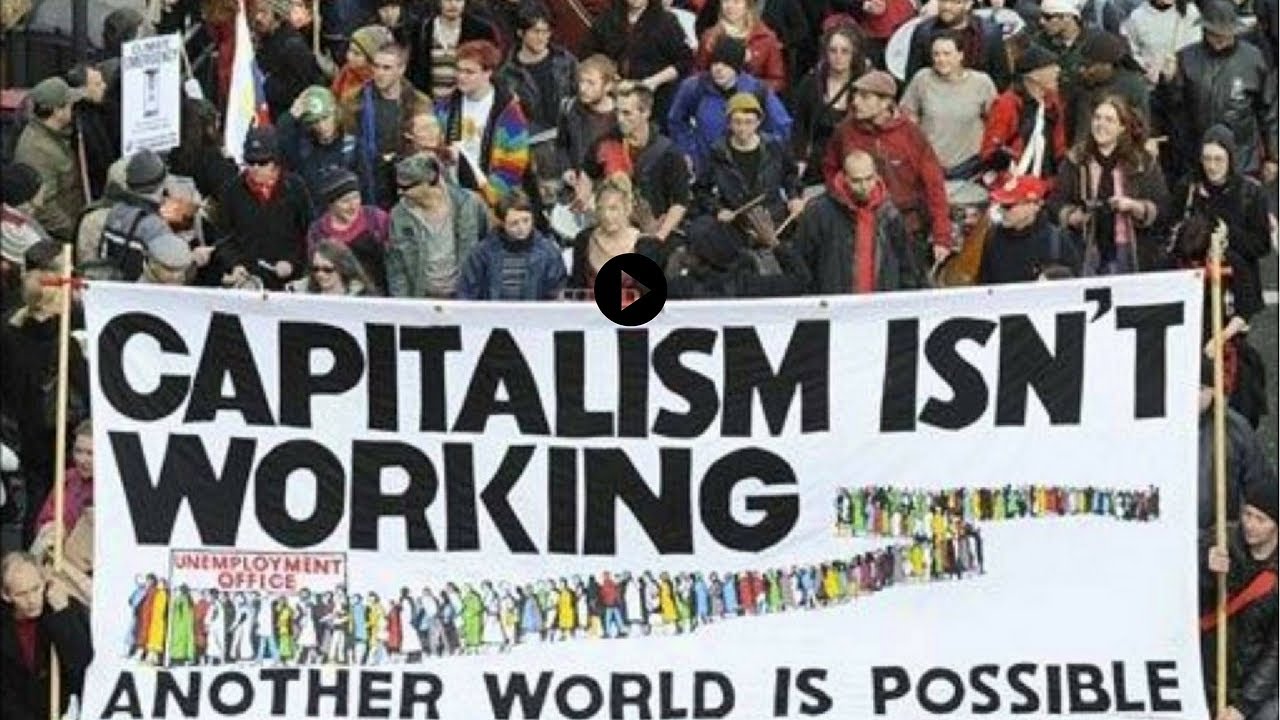
How Many Animals are Killed Each Year?
![]()
How Many Servings of Fruits and Vegetables to Improve Mood?
![]()
How Not to Die
How to Access All Science for Free?
![]()
How to Create a Vegan World: A Pragmatic Approach
How to Create a Vegan World? – Tobias Leenaert
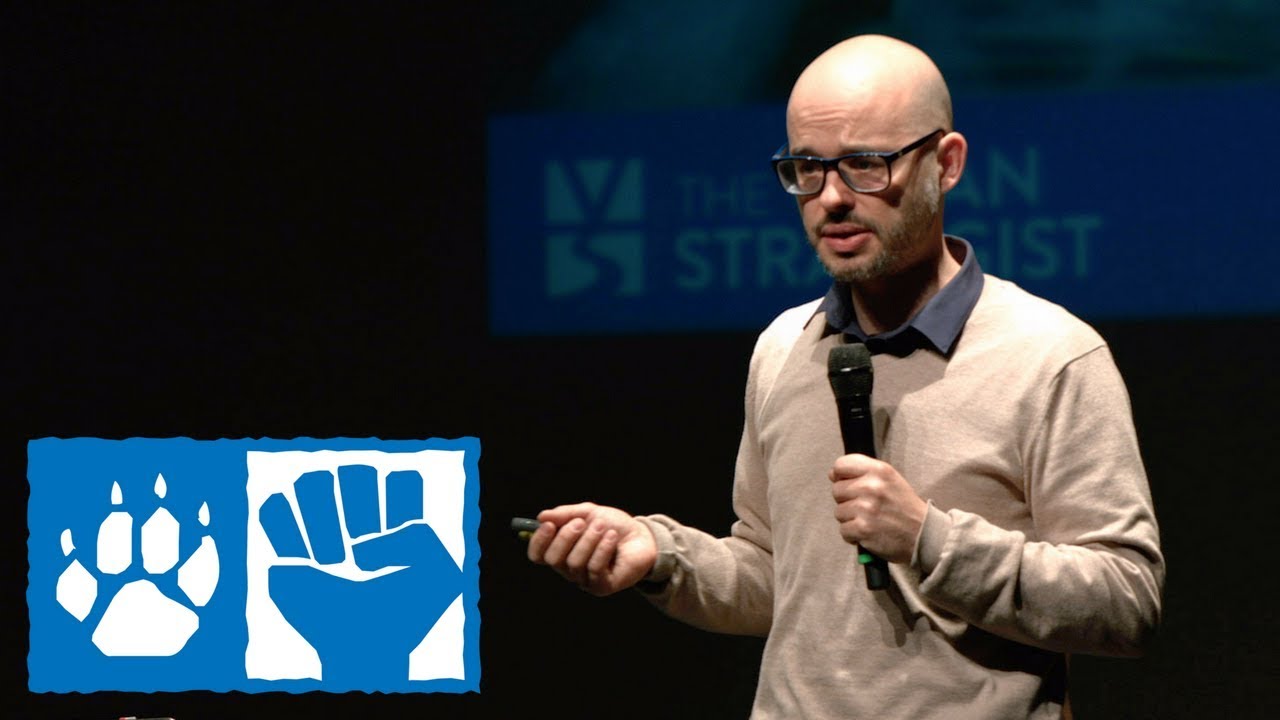
How to Grow More Vegetables
How to Win Campaigns – Communications for Change
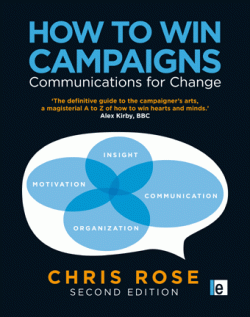
Howard Zinn: You Can’t Be Neutral On a Moving Train (2004)
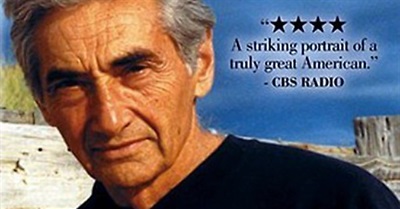
Hoxsey: When Healing Becomes A Crime
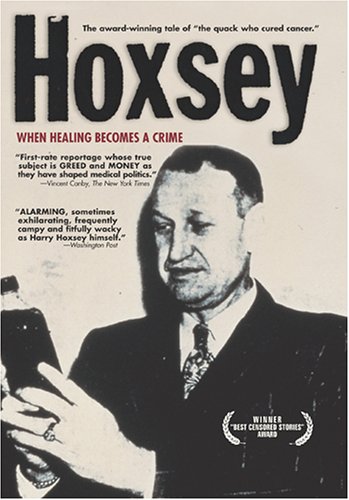
Human (2015)
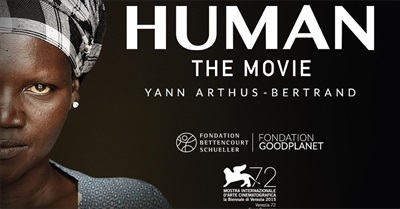
Human Liberation Animal Liberation


